Over a decade ago, I asked Alya’s mother where her daughter was working after recently graduating. Her response was a mix of confusion and exasperation. “I don’t know,” she said. “She’s working at this music place… not sure what it is.” That “music place” turned out to be Spotify, where Alya spent several years honing her skills and developing a deep understanding of the industry.
Now, as Saudi Arabia undergoes a cultural renaissance, Alya, a label services project manager at Vydia, stands at the intersection of tradition and transformation. With roots in both Saudi and American cultures, she brings a global perspective that is increasingly valuable in a fast-evolving music scene. For the Kingdom, this is not merely a cultural moment but a strategic one—music, like many industries, is becoming an emblem of its ambitions on the global stage.
Q: What tips would you give a hopeful Saudi artist in developing their audience online?
A: Streaming services have been instrumental in helping local Saudi artists expand their reach within the region and around the world. Through features like curated playlists, data-driven insights, and access to global audiences, DSPs can and have empowered Saudi artists to grow their most dedicated fan bases and gain global recognition.
Saudi artists can benefit from music platforms’ increasingly personalized algorithms, which recommend music to listeners based on their preferences, regardless of geographical boundaries.
These products and programs have helped Saudi music reach audiences far beyond the MENA region. Many platforms give musicians valuable data on listener demographics, top-performing songs, and key streaming locations—all of which is information that allows artists to make informed decisions about where to focus their promotional efforts and identify cities or countries with growing fan bases, helping them plan tours, target ads, or tailor content to their audiences.
Still, some independent artists may find that it's hard to break through the noise given the volume of new music uploaded to platforms on a daily basis. It’s important they understand there are ways to set themselves up for success so they can get back to focusing on creating music.
It is absolutely crucial that they gain access to all of their global DSP profiles, ensure their names are spelled correctly, and that their music is being delivered to the right profiles. Then they must include their social media links on their pages, fill out their bios, and update photos and assets.
Algorithms are increasingly playing a significant role in how users discover new music, and while artists never really get to pick where in the world their fans are, they have to set themselves up to be discovered by anyone, at any point, on any platform.
Q: How important are playlists to these algorithms?
A: Editorially, many companies are investing in local and regional teams to curate culturally relevant playlists in an effort to grow their user bases. Regionally specific playlists such as “Arabs Abroad,” “Arab X,” and “Saudi Heat” are available globally for anyone to stream and may feature both local and international talent, while genre-specific playlists can feature artists from all over the world regardless of language. These initiatives and the growing number of playlist offerings can help artists claim space on some of the industry’s most valuable real estate.
Q: Despite rapid growth, there must be challenges for Saudi musicians—whether in terms of production, promotion, or societal perceptions. What are the biggest hurdles for Saudi artists today, and how can they overcome these obstacles?
A: Luckily, some of the biggest hurdles Saudi artists may face are not necessarily unique to them, so there is an opportunity to find similarities with international artists and learn from them—and from the history and different functions of the industry as a whole. Things all aspiring musicians should keep in mind are the extreme time commitments, lack of adequate payouts, legal and regulatory constraints, and the ebbs and flows of support from fans and cohorts—all of which are issues even the best artists in the world have faced.
Locally, artists may see challenges in social perception and cultural acceptance, limited production infrastructure, trouble navigating international standards and competition, and promotion and distribution challenges. Nobody said progress was quick, but in the short life of the Saudi music industry, many of these challenges are quickly being addressed. Facilities are being built, classes are being offered across the board, and legacy companies are partnering with local businesses to address the more technical aspects of the industry.
That’s the issue, isn’t it? It’s never been easier to get your music out there, but actually making a career out of it is still really hard.
Yes, contemporary artists may assume it’s easy to succeed—especially when the current pool of talent is still quite small. But many big players want a part of what is being developed, so it’s not hard to land editorial placements or brand deals. For many global artists in highly saturated markets, these opportunities rarely come along, so I encourage Saudi artists who are just starting out not to take them for granted.
Most of all, I hope artists are eager to take control of their careers, know their rights, do their due diligence before signing contracts, and understand that exploitation in the global music industry is still rampant. Artists should always ask for help when needed and seek further explanations to protect themselves and their intellectual property. Set aside time to learn about everything—from how to legally protect your music, register your work with international collection agencies, and determine payout splits with collaborators.
Overall, the combined support of government initiatives, private investment, and grassroots enthusiasm is creating momentum that could ultimately transform all of these challenges into opportunities. As artists, industry stakeholders, and policymakers collaborate to address these hurdles, Saudi musicians will be better positioned to reach their full potential, establishing a distinctive Saudi music identity on the global stage.
Q: As Saudi Arabia continues its cultural transformation, what do you envision for the future of its music industry? Do you think it will become a global hub for creativity and innovation, or will local traditions continue to play a dominant role?
A: I think the future of Saudi’s music industry is incredibly promising. The country’s ongoing cultural transformation and significant investment in the creative sectors via Vision 2030 initiatives suggests that Saudi could grow into a major music and entertainment center that balances innovation with deep respect for local traditions.
We’re seeing tons of investment in education, high-quality music production facilities, live performance venues, and major festivals. Building this infrastructure will continue to attract both local and international talent, helping to turn the country into a prime destination for music creators and fans. I believe we will continue to platform emerging and independent artists, celebrate local identity, tradition, and increasing demand for culturally authentic content, empower women in the industry, and become a key player for regional influences.
Looking ahead, with Saudi Arabia embracing technology across sectors, the music industry may see a strong focus on tech-driven innovations such as virtual reality concerts, AI-enhanced production tools, and immersive music experiences. This commitment to technological advancement could make Saudi a leader in music innovation.
Saudi Arabia is actively inviting international artists and industry experts to participate in its music festivals, production projects, and cultural exchanges. This collaborative spirit not only exposes Saudi artists to global standards and practices but also draws in creative professionals who are excited by the potential of a rising music scene in the Middle East.
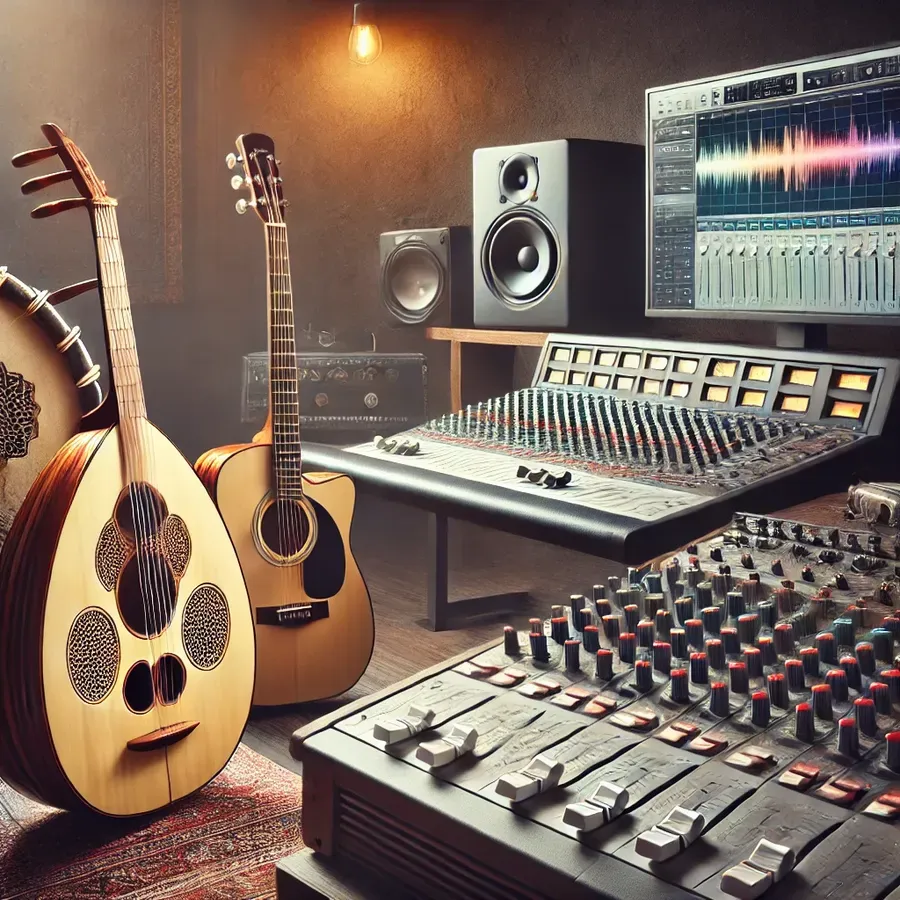
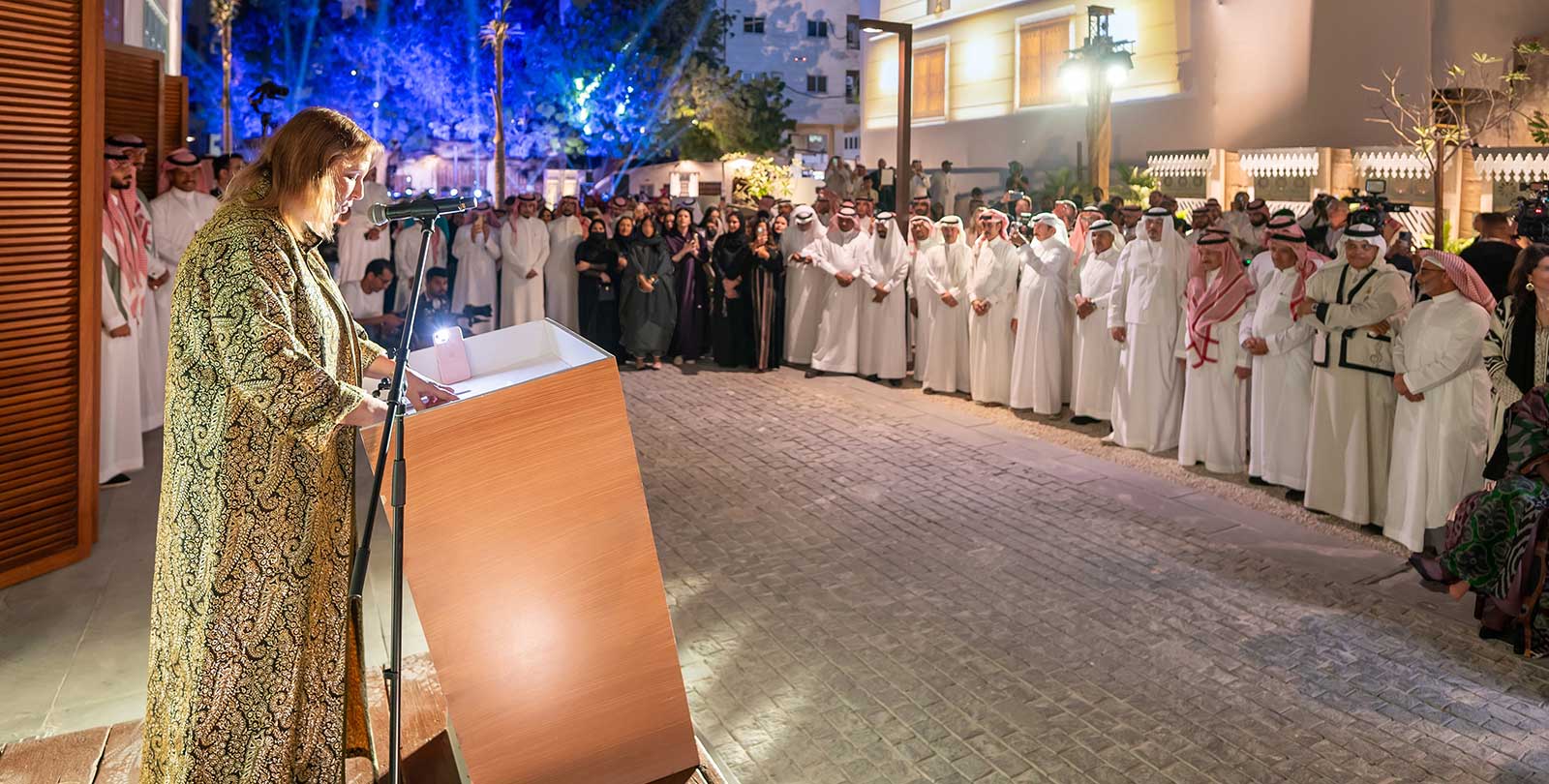

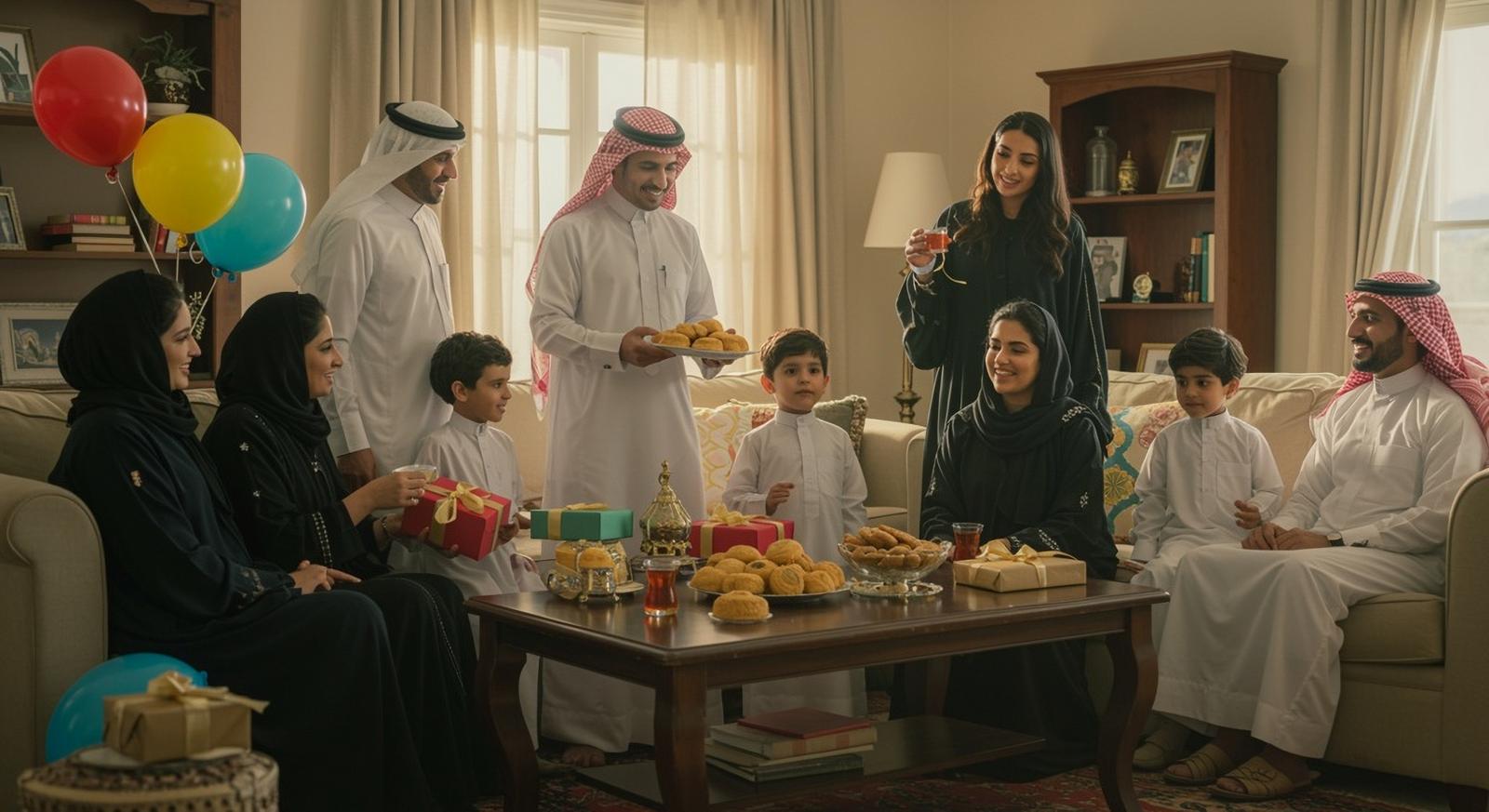

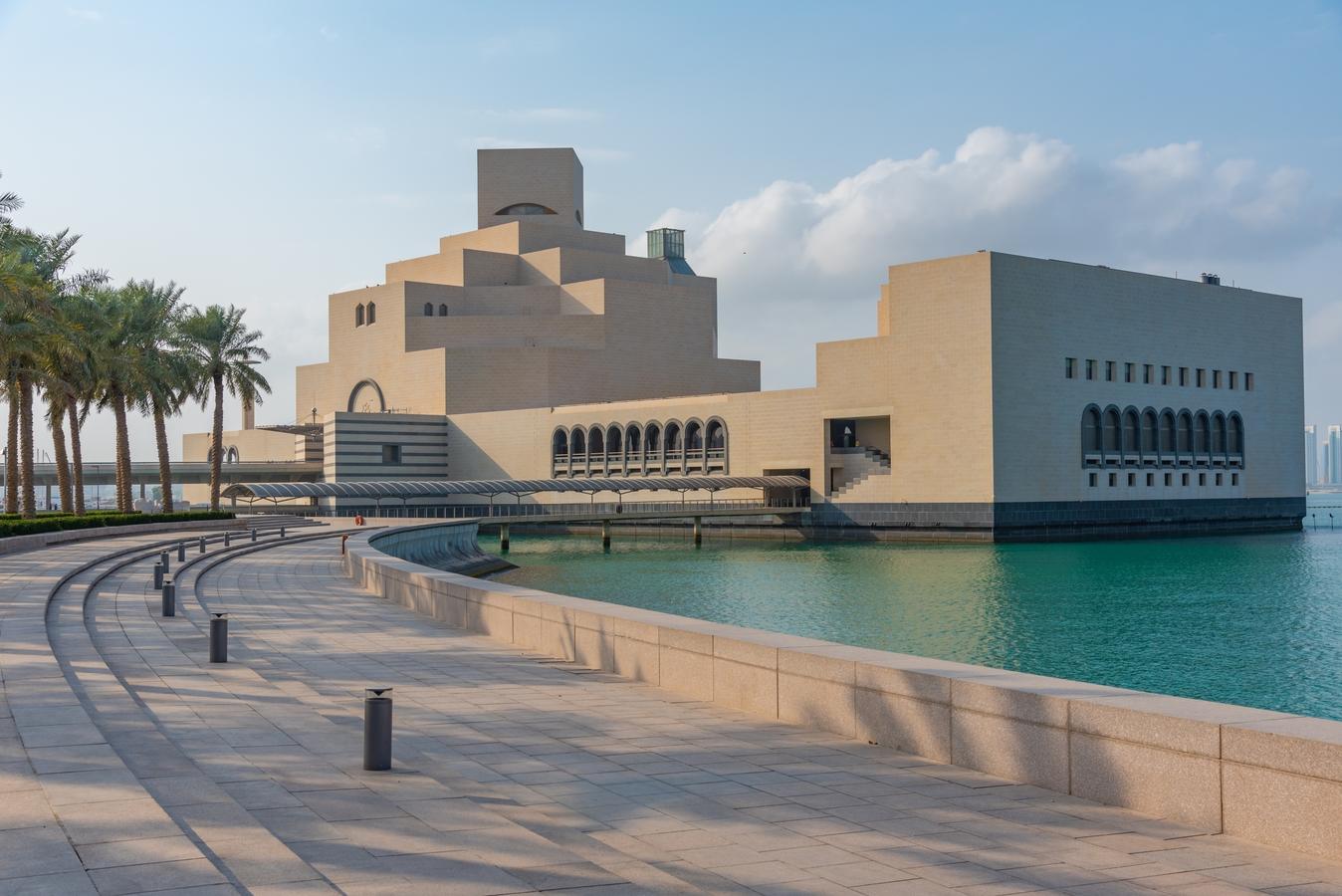
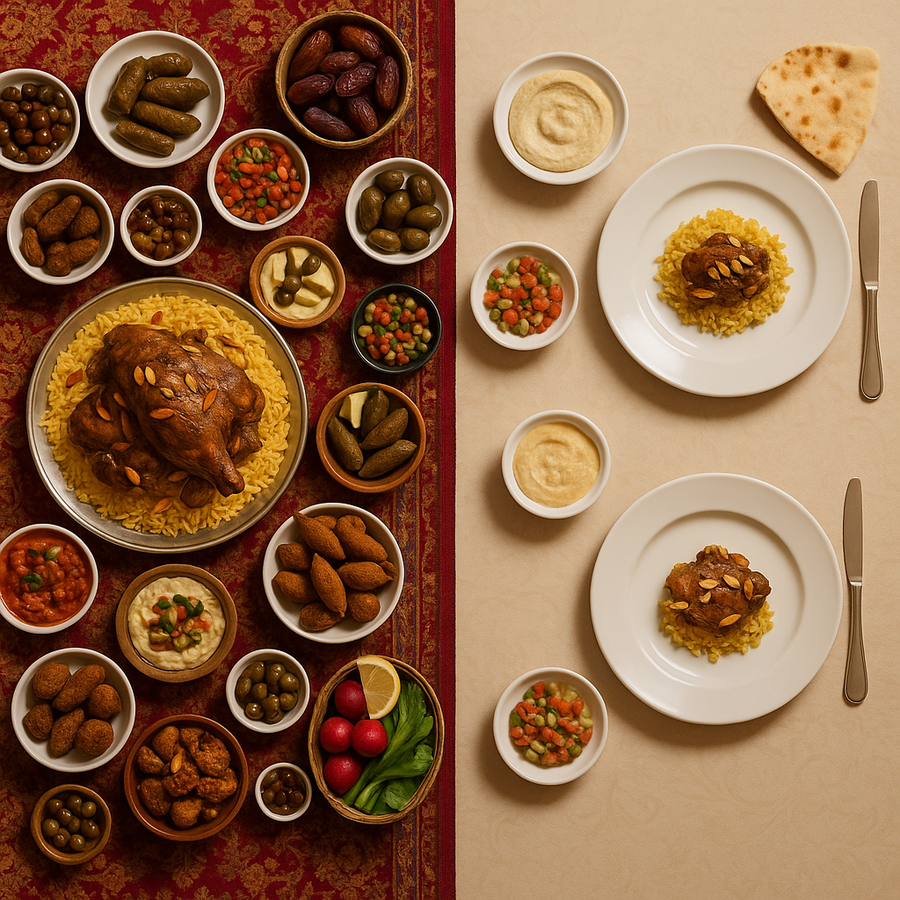

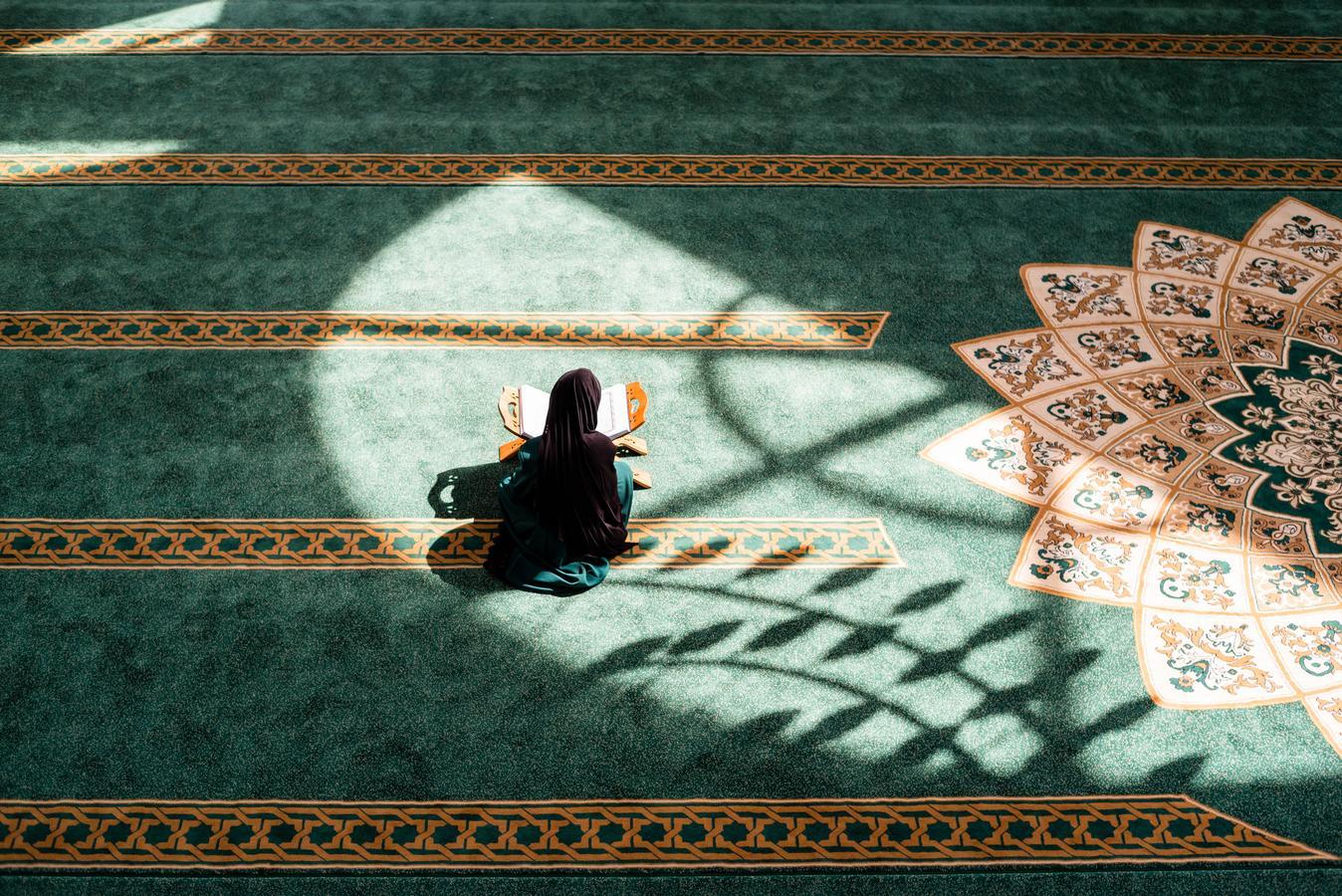
0 Comments
No comments yet. Be the first to comment!